Homeowner and homebuyer priorities are shifting. Most residential customers are seeking high-performance homes—specifically ones with reduced energy costs and lower environmental impacts.
In a study commissioned by the Propane Education & Research Council (PERC), results showed feedback from over two-thousand U.S. residents who expressed a willingness to pay more to make a home or remodeling project energy efficient—81 percent of customers remodeling a home, 88 percent of customers buying a home, and 96 percent of customers building a home.
Customers often turn to construction professionals to help them select the right energy systems for their home. This creates a great opportunity for builders and contractors who are well-versed in energy-efficient systems to capitalize on this growing customer base.
Propane appliances offer considerable advantages over other systems when it comes to efficiency, performance, sustainability, and dependability. Builders can provide homeowner customers with energy they can rely on anywhere and anytime with propane. No longer limited to industrial and manufacturing applications, high- efficiency combined heat and power (CHP) systems have been making their way into more project types—including residential homes—through smaller micro-CHP (mCHP) units. Propane-powered systems offer an energy solution that’s affordable, eco-friendly, reliable, and won’t go down with the electric grid.
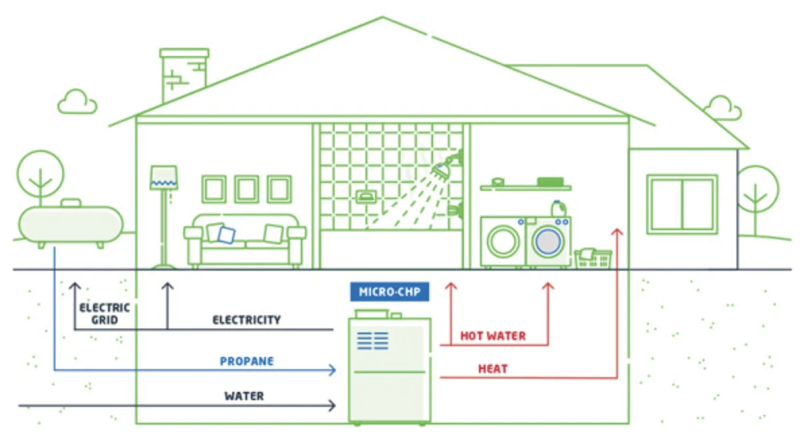
According to PERC, "Propane-powered CHP units use a generator to produce electricity, capturing heat that warms the air and water. The result is reduced energy expenditures, eliminating efficiency losses between power plants and buildings, leading to a lower carbon footprint—an environmentally friendly, affordable, and reliable energy source that won’t go down with the electric grid."
Image: PERC
The Basics of CHP and Micro-CHP Systems
When it comes to efficiency, there’s no doubt that micro-combined heat and power (micro-CHP) systems beat electricity supplied over the grid.
The concept behind the micro-CHP system is simple: The unit replaces a traditional furnace or boiler and water heater with a single appliance that produces both hot water and heat as well as electricity for use in the home. Because the unit runs on propane and many units can start without power from the grid, it offers resilience and energy independence in the event of a power outage without the need for a standby generator.
Suppliers and builders who work with the technology say it can add up to considerable savings for customers over time based on factors such as home size, location, and local electricity costs.
Available in a wide range of capacities, CHP systems are ideal for single-family homes, apartment buildings, small businesses, utility power, and large commercial and industrial applications. A 1-3 kW unit is ideal for 1,800-2,500 square foot single- family homes, 3-10 kW units work well for single-family homes with greater heating loads (like pool heating) and multi-family commercial and light industrial applications, and 10-50 kW units can power residential apartment buildings and commercial buildings (like restaurants).
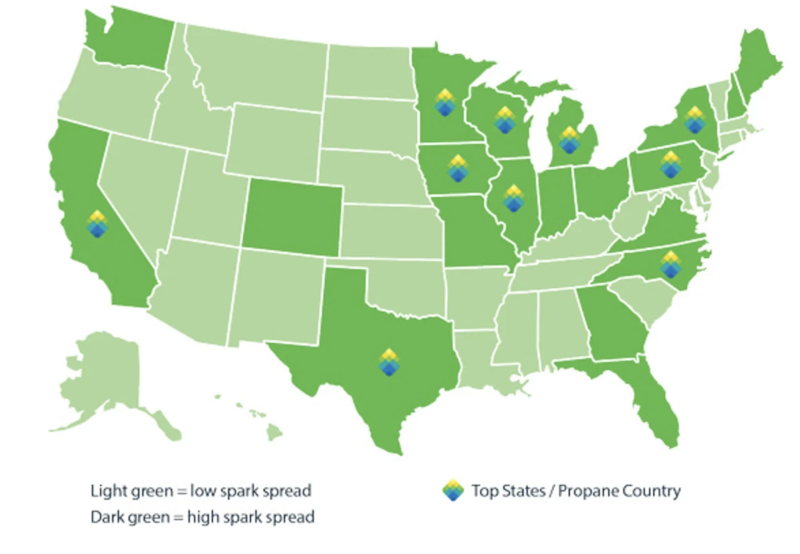
According to PERC, "The value of CHP and micro-CHP units can be found nationwide, wherever resiliency, electric grid independence, and preparedness meet. From a savings perspective, this map shows the top 20 states (based on 2020 sales) where CHP makes the most financial sense."
Image: PERC
Micro-CHP Systems Offer Unmatched Efficiency
A propane-powered micro-CHP unit’s total efficiency far outpaces the efficiency of traditional heating or water heating systems, providing operational savings from even the most efficient boilers.
According to the U.S. Environmental Protection Agency (EPA), the electricity that comes to a typical single-family home in the U.S. is only about 33 percent efficient. Compare that to micro-CHP, which uses an on-site propane-powered engine or boiler to generate electricity while capturing process heat to produce hot water. These systems are typically 60 to 80 percent efficient, with some systems nearing 90 percent efficiency, according to the EPA.
CHP Units Are Clean and Environmentally Friendly
A propane-powered micro-CHP unit can reduce a home’s carbon dioxide emissions by nearly 50 percent, or 4.2 tons of carbon dioxide per year, making them a better option for everyone—including customers.
The customer demand for clean, efficient homes continues to rise. When customers turn to you for guidance, make sure you’re well-versed on high-performance solutions, including propane-powered CHP and micro-CHP systems.
Bryan Cordill is the director of residential and commercial business development at the Propane Education & Research Council. He can be reached at bryan.cordill@propane.com.

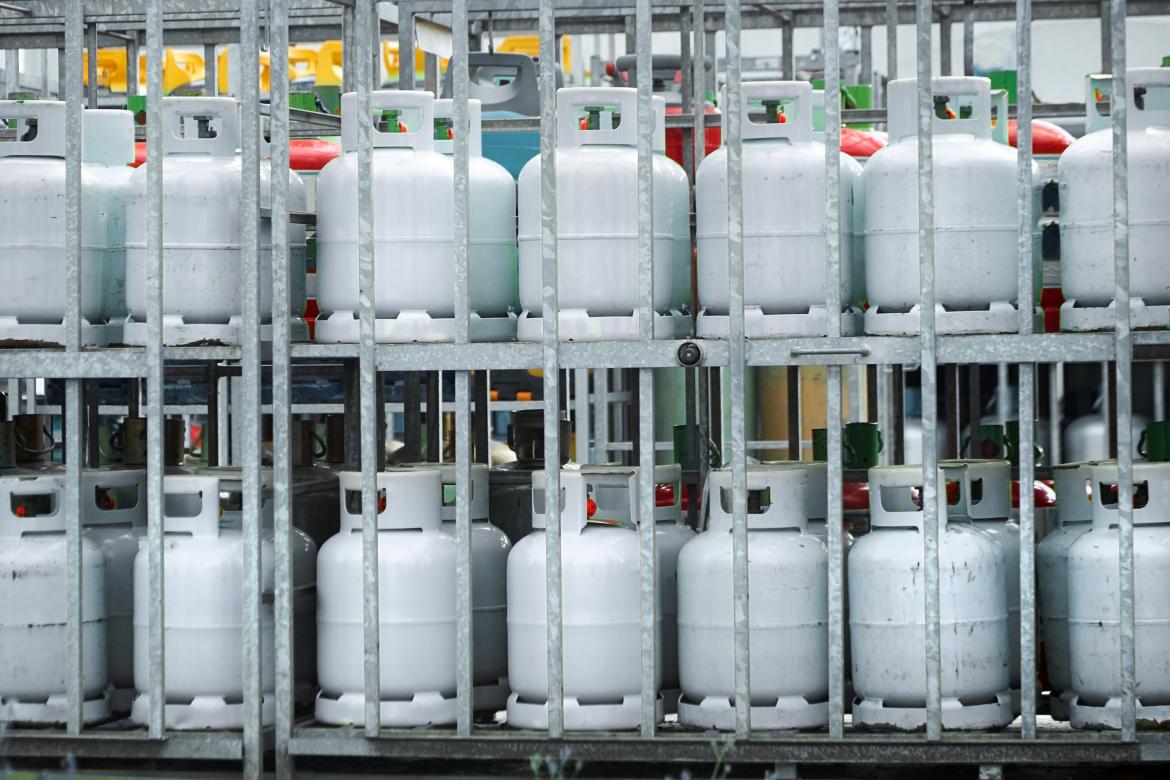
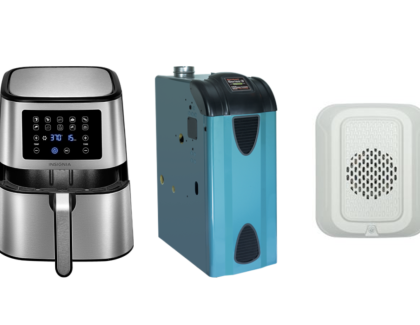


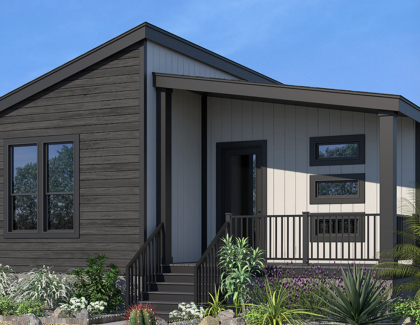
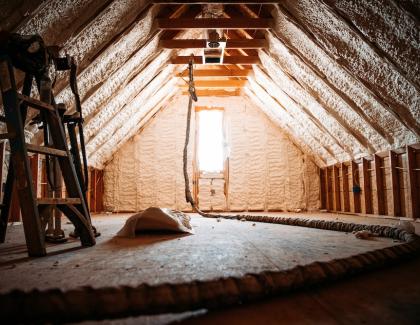
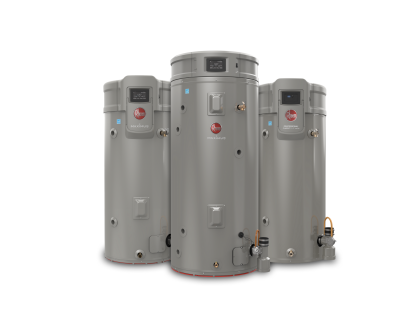
Add new comment